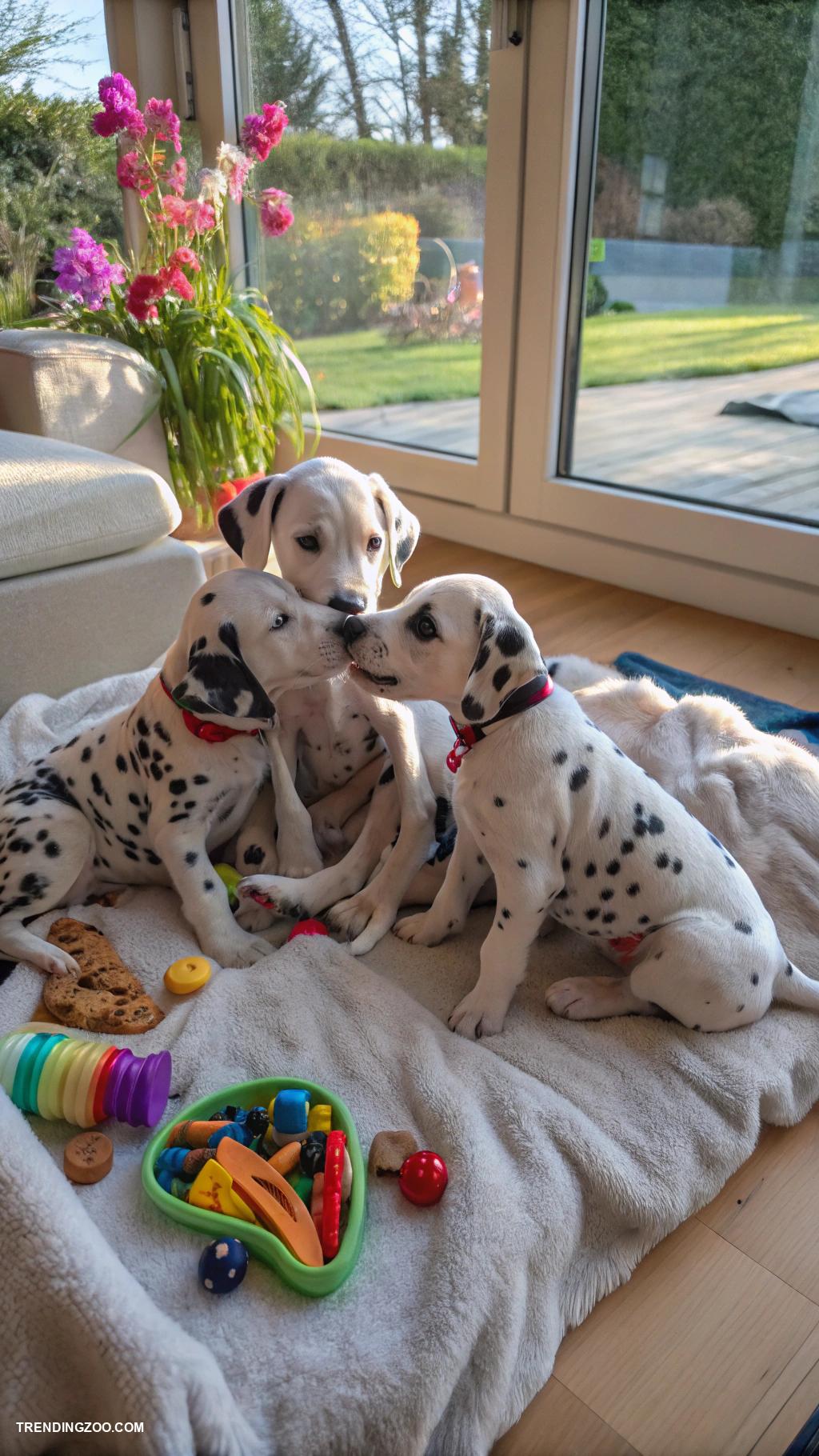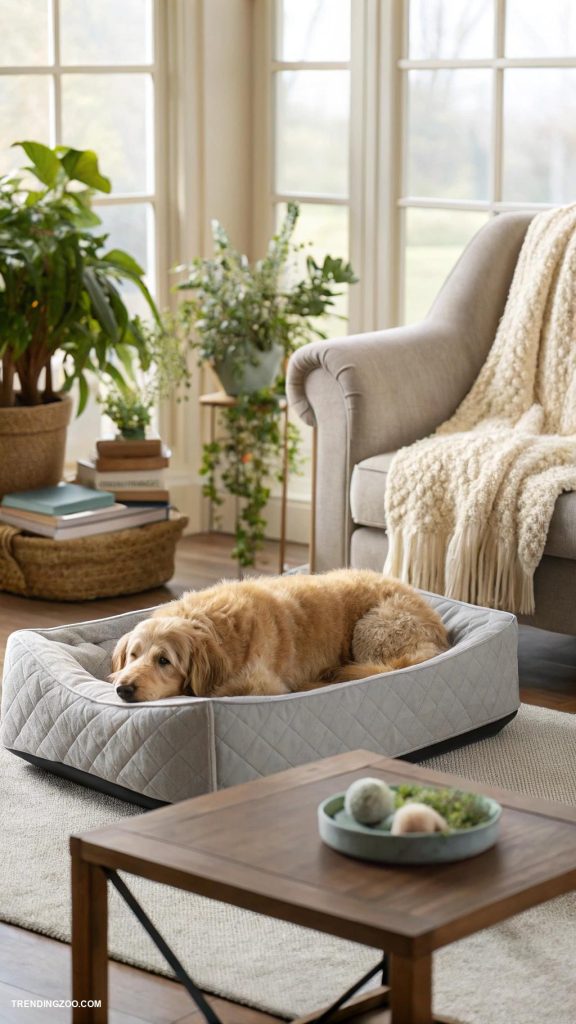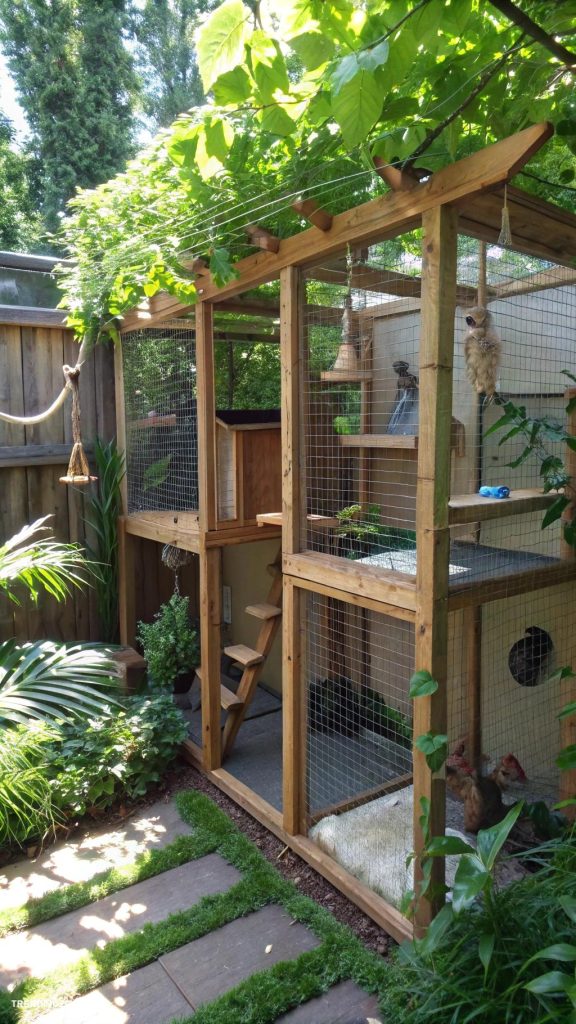The iconic dalmatian – with their striking white coat and distinctive black spots- it’s no wonder that these puppies have captured the hearts of many dog lovers around the world. Known for their playful, energetic personalities and loyal nature, dalmatian puppies are a joy to be around, and their unique appearance only adds to their charm.
But before you bring one of these adorable bundles of joy home, it’s essential to understand the needs and requirements of raising a dalmatian puppy, from exercise and training to socialization and health.
In this article, we’ll dive into the world of dalmatian puppies and explore the ins and outs of caring for these lovable dogs.
Dalmatian Breed Characteristics
The Dalmatian breed is a beloved and iconic canine companion known for its striking appearance and unique characteristics. Originating from Dalmatia, a region in modern-day Croatia, this breed has been a popular choice as a working dog, family pet, and even firehouse mascot.
One of the most distinctive features of the Dalmatian is its coat, which is white with black spots, although some may have liver or lemon-colored spots. Adult Dalmatians typically range in size from 19 to 24 inches in height and weigh between 45 and 60 pounds, with males being slightly larger than females. They have a medium-length coat that is short and smooth to the touch, requiring minimal grooming.
Dalmatians are also known for their athletic build, with a muscular body and a distinctive “hot dog” shape to their ears. Their eyes are almond-shaped and range in color from blue to brown, with a friendly and alert expression.
Overall, the Dalmatian’s striking appearance, energetic personality, and loyal nature make them a popular and loving companion for many families.
Dalmatian Puppy Care Tips
As a responsible Dalmatian owner, it is crucial to provide your puppy with proper care and attention to ensure they grow into a happy and healthy adult dog. One of the most important aspects of puppy care is nutrition. Dalmatian puppies require a high-quality puppy food that is rich in protein and fat to support their rapid growth and development. It is recommended to feed your puppy three to four times a day until they are about six months old, after which you can gradually switch to twice a day.
Be sure to also provide fresh water at all times and consider adding a small amount of canned food as a treat to add variety to their diet. In addition to diet, regular exercise is also essential for Dalmatian puppies.
Puppies need plenty of opportunities to run, play, and burn off excess energy, which can help prevent destructive behavior and support their physical development. Aim for at least two 15-minute play sessions per day, taking care to avoid overexertion and heatstroke.
You can also consider enrolling your puppy in puppy socialization classes to help them interact with other dogs and people, which is critical for their emotional development.
Grooming is another important aspect of Dalmatian puppy care.
Dalmatian Puppy Training and Socialization
Training and socialization are crucial components of raising a well-adjusted and well-behaved Dalmatian puppy. From an early age, it’s essential to introduce your puppy to various environments, people, and situations to help them develop good manners and a confident temperament.
Start by enrolling your puppy in a puppy socialization class, where they can interact with other puppies and people in a controlled setting. This will help them get used to new sights, sounds, and smells, and learn important skills like sitting, staying, and walking on a leash.
As your puppy grows, continue to expose them to new experiences, such as car rides, visits to dog parks, and encounters with other animals. Positive reinforcement training methods, like clicker training, can also be used to teach your puppy basic obedience commands and tricks. Be sure to reward good behavior with treats, praise, and affection, and avoid punishing or scolding your puppy for mistakes.
With patience, consistency, and positive reinforcement, your Dalmatian puppy will grow into a well-trained and well-adjusted companion.
Grooming Needs: Managing Dalmatian Coat and Skin
As you welcome a dalmatian puppy into your family, it’s essential to understand their unique grooming needs. Dalmatians are known for their distinctive white coat with black or liver-colored spots, which requires regular attention to maintain their overall health and appearance. Their coat is short, smooth, and dense, making it relatively low-maintenance compared to other breeds.
However, it’s crucial to brush your dalmatian puppy regularly to prevent matting and tangling, especially around the ears, tail, and legs. A soft-bristled brush or a slicker brush is ideal for this purpose.
Additionally, you should bathe your dalmatian puppy every 2-3 months, or as needed, using a mild dog shampoo and conditioner. Be cautious not to over-bathe, as this can strip their coat of its natural oils, leading to dryness and irritation.
Beyond their coat, dalmatian puppies require attention to their skin health. Their skin is prone to dryness and irritation, particularly around the ears, paws, and belly.
Regular cleaning and drying of these areas is essential to prevent skin infections and irritations. You can use a damp cloth or cotton ball to clean these areas, avoiding harsh chemicals or soaps gently.
Health Considerations: Common Issues in Dalmatian Puppies
As a responsible pet owner, it’s essential to be aware of the common health considerations that can affect Dalmatian puppies. One of the most significant concerns is deafness, which can occur in up to 20% of Dalmatian puppies. This is often due to the inherited trait of Piebaldism, a condition that causes the loss of pigment in the inner ear. While deafness can be a significant issue, it’s not necessarily a reason to reject a puppy, as many Dalmatians with hearing loss lead happy and healthy lives.
Another common issue in Dalmatian puppies is urinary stones, which can be caused by a diet high in protein and low in calcium. Additionally, Dalmatian puppies are also prone to hip dysplasia, a genetic condition that can lead to arthritis and mobility issues.
To minimize the risk of these issues, work with a reputable breeder who prioritizes health testing and genetic diversity.
Regular veterinary check-ups and a balanced diet can also go a long way in preventing or managing these common health concerns.
Nutrition and Diet Recommendations for Growing Dalmatians
As a responsible pet owner, providing your growing Dalmatian with a well-balanced diet is crucial for their overall health and development. Dalmatian puppies require a diet rich in protein and fat, with moderate amounts of carbohydrates, to support their rapid growth and energy needs.
A high-quality puppy food specifically formulated for large breed puppies, such as Dalmatians, is recommended. Look for a food that contains named protein sources like chicken, beef, or fish, and whole grains like brown rice, oats, and barley.
Avoid fillers and by-products, which can be difficult for dogs to digest. Puppies need to eat frequently, with 3-4 meals per day until they are about six months old, at which point they can transition to twice daily feedings.
Fresh water should always be available, and treats should be given in moderation to avoid overfeeding. Supplements are not necessary unless recommended by your veterinarian, as a well-balanced diet should provide all the necessary nutrients.
As your Dalmatian puppy grows, be sure to monitor their weight and adjust their food intake accordingly to prevent obesity and related health issues. With proper nutrition and care, your Dalmatian puppy will thrive and grow into a happy, healthy adult dog.
Fun Activities and Exercise for Dalmatian Puppies
As dalmatian puppies grow and develop, it’s essential to provide them with a variety of fun activities and exercises to help them physically and mentally mature. One of the most crucial aspects of a dalmatian puppy’s development is socialization, and playtime with people and other animals is a great way to achieve this.
Engage your dalmatian puppy in interactive games like fetch, tug-of-war, and hide-and-seek, which not only burn off excess energy but also stimulate their minds. Additionally, incorporate obedience training into your daily routine, using positive reinforcement techniques to teach basic commands like “sit,” “stay,” and “come.”
For older puppies, agility training and obstacle courses can be an excellent way to challenge their physical abilities and provide mental stimulation. As dalmatian puppies enter the 4-6 month age range, they require more structured exercise to help them build endurance and strength.
A daily walk of at least 20-30 minutes is recommended, with opportunities for off-leash playtime in a secure, fenced area.
Puppies can also benefit from puppy socialization classes, where they can interact with other dogs and people in a controlled environment!







